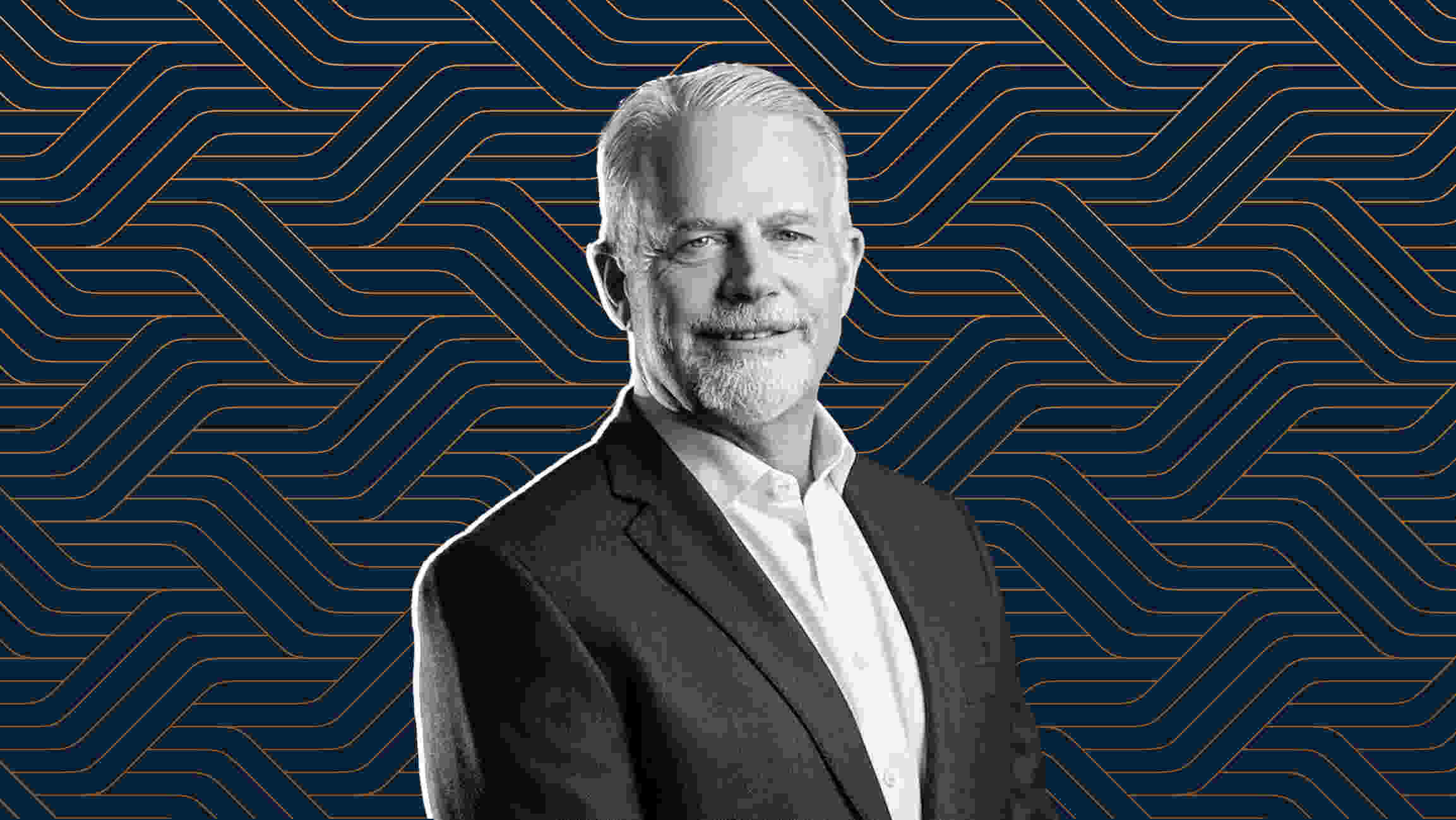- | 9:00 am
The rise of accessible luxury in Dubai’s hospitality sector
As Middle East tourism grows, The First Group Hospitality is redefining travel with affordable luxury, eco-conscious practices, and community engagement.

The hospitality industry is significantly transforming as global travel adapts to changing guest expectations and environmental concerns. Increasingly, operators must deliver value-driven experiences that balance luxury with sustainability and local integration with global standards. This shift is evident in the Middle East, where tourism continues to grow rapidly. David Thomson, Senior Vice President of Business Development at The First Group Hospitality (TFGH), shares his perspective on the evolving landscape and how regional players respond to these changes.
ACCESSIBLE LUXURY ON THE RISE
According to Thomson, one notable shift is the growing demand for premium experiences at accessible price points, a trend reflected in The First Group Hospitality’s latest project, Hotel Local, in Dubai’s Jumeirah Village Triangle.
“There’s a clear gap in the market for affordable experiences that still uphold the luxury standards this region is known for,” Thomson said. “This property was designed to meet that demand and open our offerings to a broader audience.”
This trend reflects a broader industry movement toward more inclusive hospitality models, especially in urban markets, where travelers are becoming more price-sensitive but still expect high-quality, design-driven environments.
A SHIFT IN OPERATING MODELS
Thomson also highlights the move from brand-managed hotels to franchise and third-party operator models, already dominant in more mature markets.
“Third-party operators are the norm in the US and Europe,” he said. “That shift is starting to take hold in this region as well, with hotel owners looking for locally grounded partners who offer greater accountability and cultural understanding.”
This change may present opportunities for regional operators who understand the nuances of local markets and can offer tailored support that global brands sometimes struggle to provide.
SUSTAINABLE HOSPITALITY
Sustainability has shifted from being a differentiator to a baseline expectation for guests. Thomson noted that environmental responsibility is now an integral part of hospitality operations, rather than just a feature for marketing materials.
“Sustainability is a core pillar of our operational strategy,” he said. “We’ve integrated energy-efficient systems, water-saving technologies, and a structured recycling program across our properties.”
TFGH has also partnered with Veolia Facility to manage food waste, converting organic material into compost, a move that aligns with circular economy principles, which are increasingly valued by regulators and environmentally conscious travelers.
REGENERATIVE AND WELLNESS TRAVEL
Another area of focus is integrating wellness and regenerative travel into the guest experience. For some hotels, this involves going beyond spa offerings to incorporate sustainable practices into daily operations.
“At Hotel Local, we maintain bee colonies that produce honey in our food and beverage offerings,” Thomson said. “We source ingredients from local farmers wherever possible to support community development and minimize environmental impact.”
Community involvement is also on the rise. The brand partners with artists, educators, and charities to offer guests a deeper cultural connection to their destinations.
Despite economic challenges in some global markets, the Middle East continues to be a high-growth region for tourism, bolstered by infrastructure investments and targeted national strategies. Thomson remains optimistic about the region’s long-term trajectory.
“The Middle East is experiencing a major tourism surge,” he said. “Government support, strong infrastructure development, and increasing global interest in the region are accelerating growth across the board.”
The UAE, in particular, continues to attract investment due to its blend of cultural attractions, entertainment offerings, and regulatory stability. As the region’s hospitality sector matures, operators are challenged to adapt quickly, balancing operational efficiency with meaningful guest experiences and an increasing emphasis on sustainability.







































